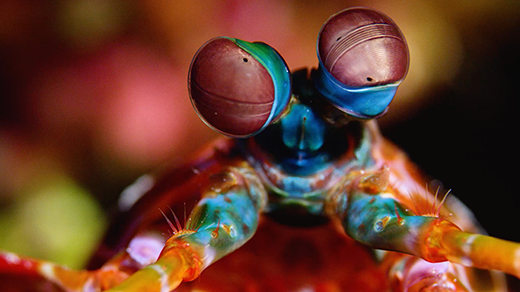What's up in
Biodiversity
Latest Articles
When Did Nature Burst Into Vivid Color?
Scientists reconstructed 500 million years of evolutionary history to reveal which came first: colorful signals or the color vision needed to see them.
The Ecosystem Dynamics That Can Make or Break an Invasion
By speedrunning ecosystems with microbes, researchers revealed intrinsic properties that may make a community susceptible to invasion.
Ecologists Struggle to Get a Grip on ‘Keystone Species’
More than 50 years after Bob Paine’s experiment with starfish, hundreds of species have been pronounced “keystones” in their ecosystems. Has the powerful metaphor lost its mathematical meaning?
‘Species Repulsion’ Enables High Biodiversity in Tropical Trees
Because tree seedlings don’t grow as well when close to their parents, more tree species can be packed into tropical forests.
The Key to Species Diversity May Be in Their Similarities
New modeling work suggests why nature is more diverse than niche-based ecological theory predicts.
How Pools of Genetic Diversity Affect a Species’ Fate
A new, deeper understanding of how the breeding structure of species affects their genetic diversity is giving conservationists better tools for saving animals.
She Tracks the DNA of Elusive Species That Hide in Harsh Places
On Mount Everest and in the Peruvian Andes, Tracie Seimon uses DNA to study how species and ecosystems respond to climate change, pathogens and other influences.
Animal Mutation Rates Reveal Traits That Speed Evolution
The first large-scale comparison of mutation rates gives insights into how quickly species can evolve.
Reshuffled Rivers Bolster the Amazon’s Hyper-Biodiversity
The lush biodiversity of the Amazon may be due in part to the dynamics of branching rivers, which serve as invisible fences that continuously barricade and merge bird populations.








